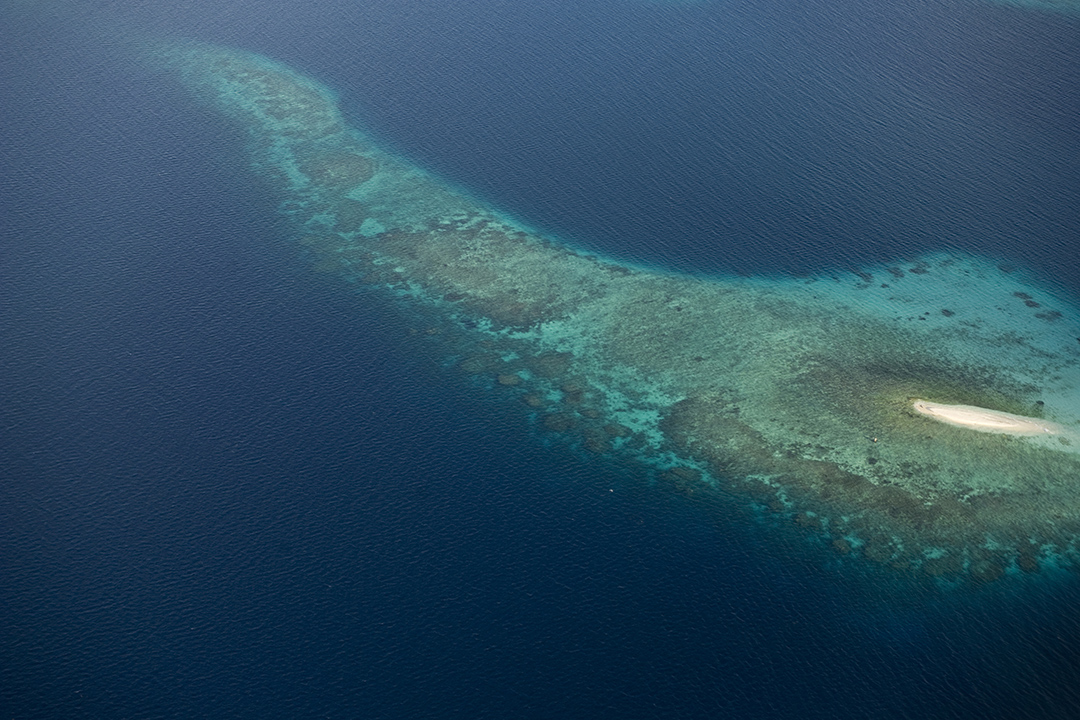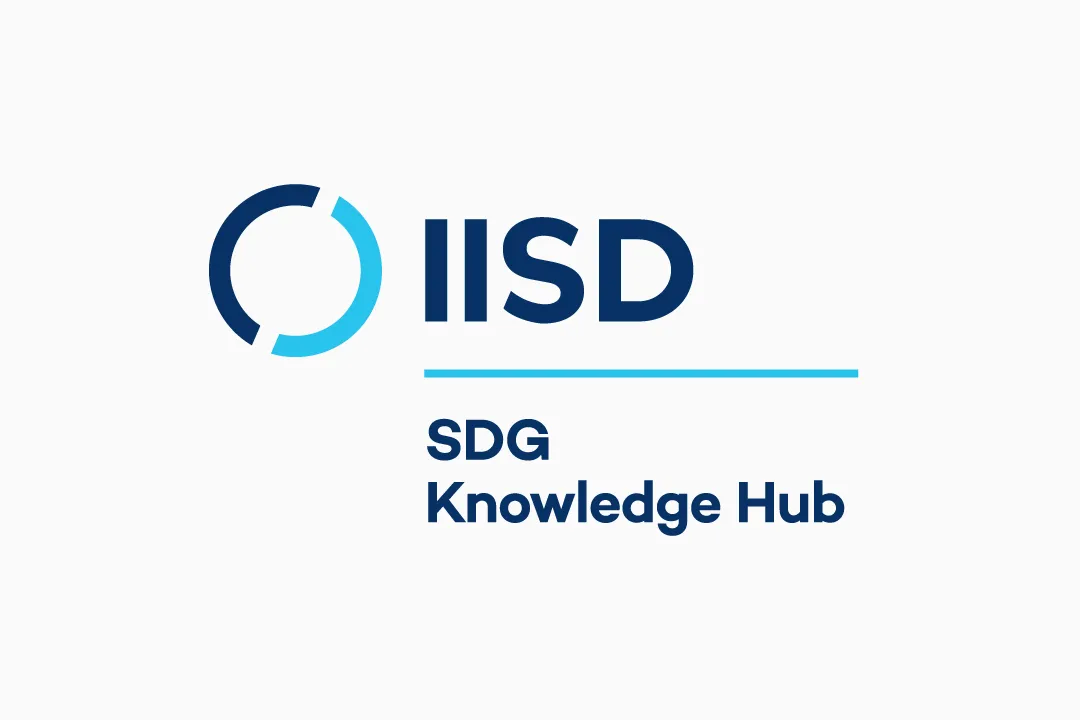June 2017: In connection with the UN Ocean Conference, countries made commitments to designate and expand marine protected areas (MPAs). The Secretariat of the Convention on Biological Diversity (CBD) and the Global Ocean Biodiversity Initiative (GOBI) convened an event on Ecologically or Biologically Significant Marine Areas (EBSAs). Also on MPAs, the Organisation for Economic Co-operation and Development (OECD) and the Partnership for Regional Ocean Governance (PROG) launched publications that call for increased efforts to meet SDG 14 (life below water) targets on MPAs, and highlight the role of regional ocean governance in SDG 14 implementation, respectively.
During the UN Ocean Conference’s general debate, numerous countries made commitments to designate and expand their MPAs, including Argentina, Canada, Chile, Gabon, Greece, Israel, Italy, Jamaica, Lebanon, Malaysia, Republic of Korea, Spain and South Africa. Saint Vincent and the Grenadines highlighted a commitment to protect 20% of its waters by 2020 as part of the Caribbean Challenge Initiative. The Cook Islands reported on closing 60% of its ocean space to commercial harvesting. Costa Rica announced a new MPA that will expand the country’s MPA coverage from 12.7% to 15.7%.
Seychelles emphasized commitments to protecting its exclusive economic zones (EEZs). French Polynesia pledged to classify its entire EEZ as an MPA called “the Great Far Ocean” MPA. Kiribati highlighted the designation of its entire EEZ as a shark sanctuary, the designation of 11% of the EEZ as a tuna spawning ground and the creation of community- and village-based MPAs. Tonga committed to designating 30% of its EEZ as MPAs for restoration and conservation.
The CBD Secretariat and GOBI convened an event on ‘Ecologically or Biologically Significant Marine Areas (EBSAs): Special Places to Accelerate Implementation towards SDG 14,’ on 8 June. CBD Executive Secretary Cristiana Pașca Palmer, in a statement delivered by Jihyun Lee, CBD, stressed EBSAs as effective tools for achieving SDG 14 and the Aichi Biodiversity Targets. She said that EBSAs: detect and protect places of critical importance in the ocean; foster regional cooperation; support an ecosystem approach; and avoid duplication with other processes. Lee stressed that EBSAs are not MPAs, nor fishing closures or a jurisdictional matter, but are based on several criteria reflecting the inherent value of biodiversity. David Johnson, GOBI, described several GOBI projects that aim to make EBSAs a concrete way for actors to “make SDG 14 happen.” Participants further highlighted support for EBSAs through effective monitoring systems and through incorporating indigenous and traditional knowledge.
OECD released a publication arguing for further efforts to meet SDG target 14.5 (conserve at least 10 percent of coastal and marine areas, consistent with national and international law and based on the best available scientific information by 2020). The report, titled ‘Marine Protected Areas: Economics, Management and Effective Policy Mixes,’ draws on examples from around the world to highlight opportunities for enhancing the environmental and cost effectiveness of MPAs, including issues related to monitoring and compliance, sustainable finance and the importance of policy coherence to address the multiple pressures on marine ecosystems. To foster policy coherence and support synergies between SDG 14 and SDG 1 (no poverty) and SDG 2 (zero hunger), the report recommends embedding MPA design issues into other policy approaches, such as ecosystem-based management approaches and marine spatial planning, and establishing inter-ministerial committees to develop national marine and coastal development strategies that bring together multiple stakeholders. Participants discussed the publication during two Conference side events.
PROG released a report titled ‘Partnering for a Sustainable Ocean: The Role of Regional Ocean Governance in Implementing SDG 14.’ The authors argue that improving regional ocean governance is key for successful SDG 14 implementation and a transition to ecosystem-based management more generally. The report presents case studies showing the contribution of regional organizations to SDG 14 targets related to sustainable management and production, fisheries, conservation and marine pollution. It also highlights how regional approaches can contribute to capacity development, institutional transformation and sustainable financing, as well as bringing cooperation and coherence to the fragmented ocean governance system. The report underscores the role of enabling conditions, suggests mechanisms for cooperation towards harmonized implementation across SDG 14 targets, and highlights opportunities for partnerships for sustainable ocean management to promote dialogue and region-to-region exchanges on implementation.
The UN Ocean Conference convened at UN Headquarters in New York, US, from 5-9 June 2017. [IISD RS Coverage of UN Ocean Conference] [ENB on the Side (ENBOTS) Coverage of UN Ocean Conference] [ENBOTS Coverage of CBD and GOBI Event] [OECD Report Website] [Publication: Marine Protected Areas: Economics, Management and Effective Policy Mixes] [Publication: Partnering for a Sustainable Ocean: The Role of Regional Ocean Governance in Implementing SDG 14] [UNEP Press Release on Costa Rica]

